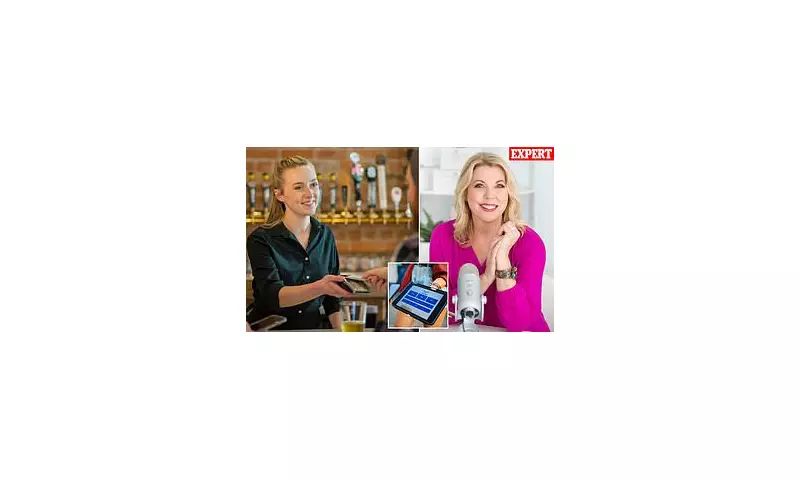
A quiet revolution is brewing across the United States as consumers reach a breaking point with the country's spiralling tipping culture. New research reveals a staggering majority of Americans are now fed up with being asked for gratuities at every turn.
The Breaking Point for American Tippers
According to a comprehensive survey, 77 percent of US consumers declared that the expectation for gratuity has 'become ridiculous'. Furthermore, 65 percent stated they were actively 'fed up' with consistently paying more for services. This growing resentment is being fuelled by sophisticated tactics that experts say quietly squeeze extra cash from often unsuspecting customers.
The Sneaky Tactics Inflating Your Bill
Restaurant and bar consultants point to two major tricks driving the tipping boom. The first involves the calculation of suggested gratuities. Many establishments now calculate these percentages after adding credit card fees and taxes, rather than on the base cost of the meal alone.
This seemingly minor shift can have a dramatic impact. Diners can end up paying 40 or even 50 percent more than the actual cost of their food and drink. Izzy Kharasch, president of Hospitality Works, a restaurant consultancy, told the Daily Mail: 'If my bill was $100 and then tax is 10 percent, now that's $110. If the restaurant calculates gratuity off the $110, I get very upset because they're making me tip on tax.' He added, 'There are unscrupulous restaurants out there trying to take your money in every possible way.'
Another common practice sees venues slip an automatic gratuity into the final bill, then leave a blank line inviting diners to add a second tip. This setup regularly traps distracted customers who don't scrutinise their receipt carefully.
The Rise of the Digital Pressure Screen
The second, and increasingly pervasive, tactic is the rise of touchscreen tip prompts. These digital payment systems are commonly pre-loaded with default options as high as 35 percent, creating immense social pressure.
Last week, a report highlighted the case of a pizza customer attempting to pick up a pre-paid order. The payment page confronted them with a message reading 'don't forget a tip!' and preset options of 15, 20, or 35 percent. There was no 'zero' option, only a 'custom' box. When the customer typed in $0, the website refused the order and flashed a bright red warning: 'Please enter a valid tip amount.'
The frustrated customer wrote on Reddit, 'How can it be a tip when I don't have a choice?' before cancelling the order entirely. While some businesses claim these high percentages are pre-loaded and unchangeable, Kharasch asserts this is simply not true.
Regarding employees who wordlessly swivel the screen requesting a large tip, Kharasch said his response is clear: 'I tip zero. To me, that's being a pig. That's crazy.'
A Cultural Shift and The Future of Tipping
Etiquette expert Jacqueline Whitmore, founder of the Protocol School of Palm Beach, noted that the baseline for tipping has crept up over time. 'The baseline tip used to be 15 percent, and 18 to 20 percent was considered 'extraordinary' service. Now, 20 percent is the standard.' The pandemic accelerated this shift, with many customers tipping more out of gratitude for frontline workers.
However, the pendulum is now swinging back. The study from digital ordering firm Popmenu found that 66 percent of Americans feel pressured by digital screens to tip. This guilt has kept tipping levels high even when the service received is poor.
Whitmore advises, 'You should base your tip on food and beverages only, not tax or added fees. You have to be careful when you're signing.' She also stresses that while obligation is common, customers should not hand over a full 20 percent for poor service, though she urges communication with management before leaving nothing at all.
Public tensions over this issue exploded recently when a viral video showed a waitress chasing down a customer who left no tip, even blocking his car and calling the police. The incident sparked fierce online debate, highlighting the deep divisions over tipping etiquette.
Both Kharasch and Whitmore predict that the current model may not be sustainable. They suggest that tipping could eventually disappear from American culture altogether, replaced by automatic service charges, similar to the European model. Kharasch concluded, 'The service charge will eventually be the norm, something like Europe, where you're not paying servers any tip at all.'





